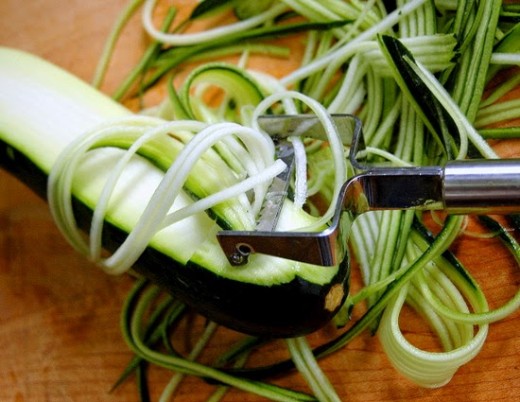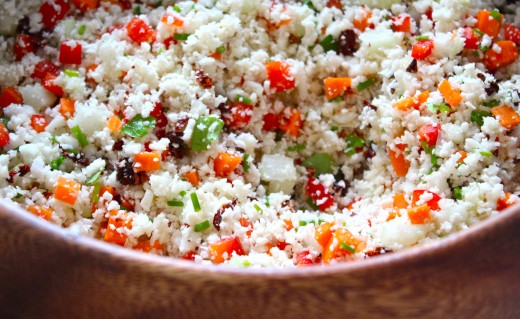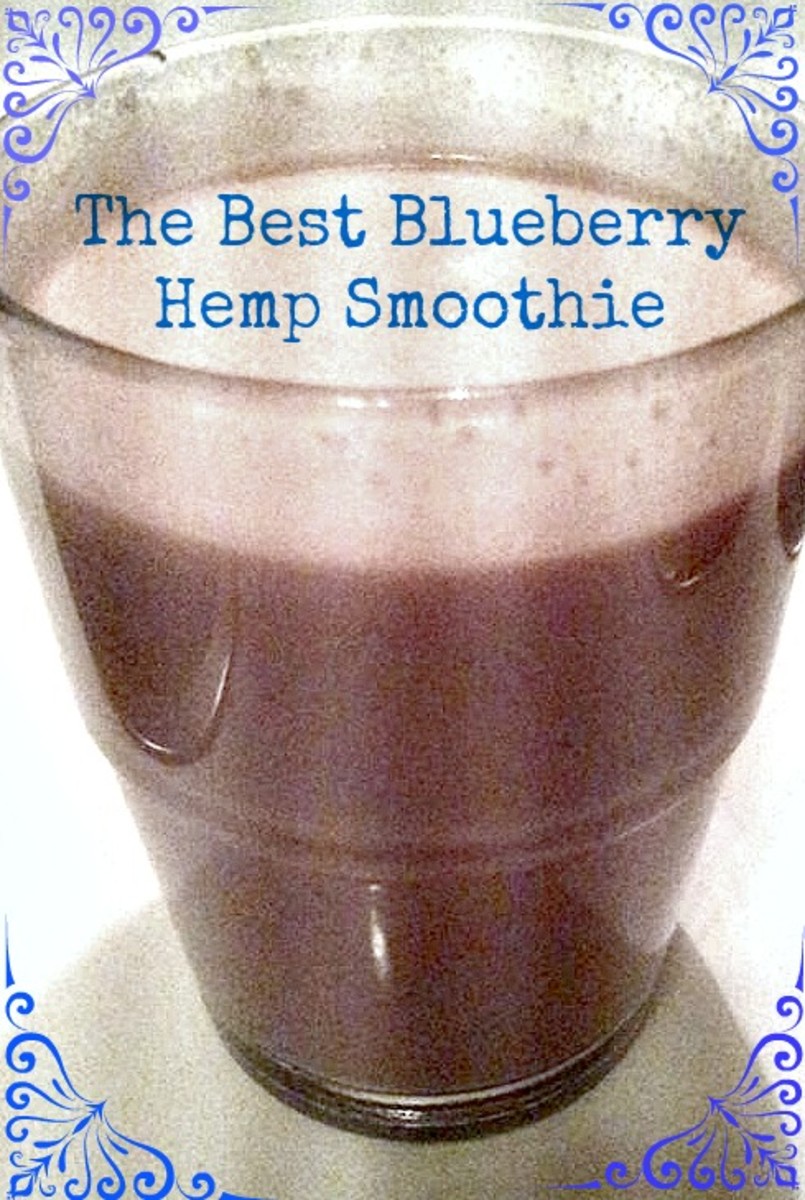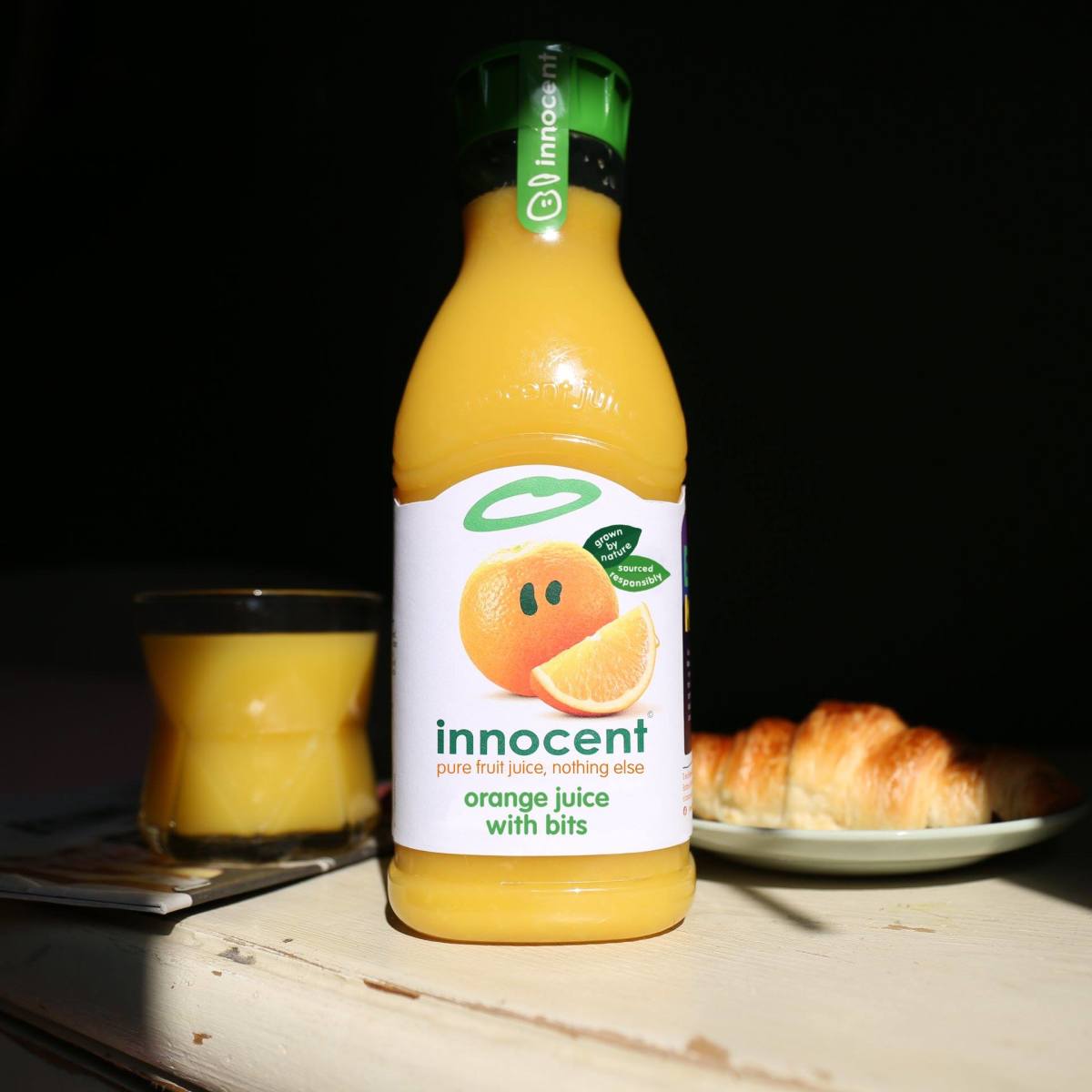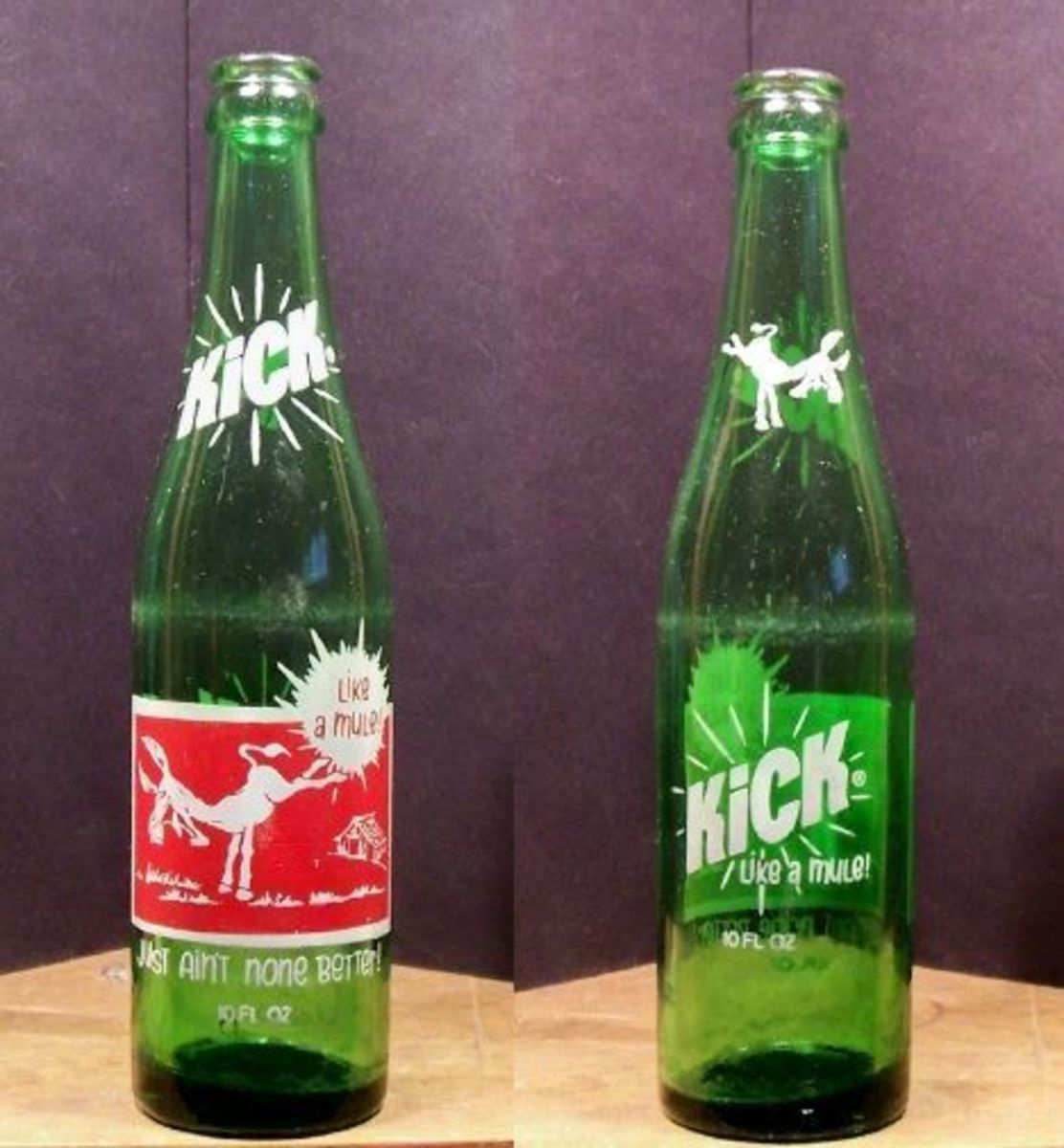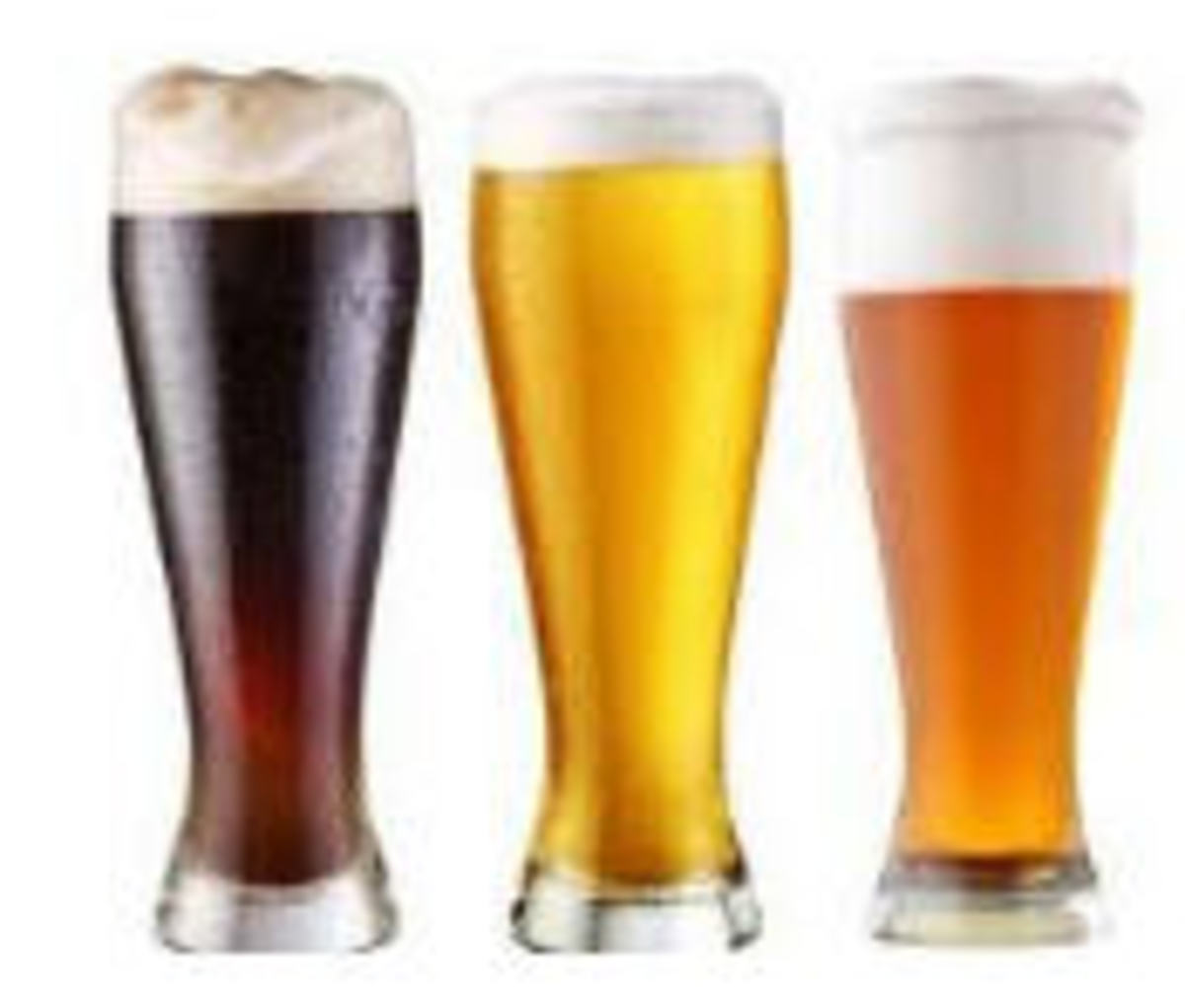Smoothies: A Growing Love Affair
1 in 5 people in the UK drink a smoothie every week
— Mintel Research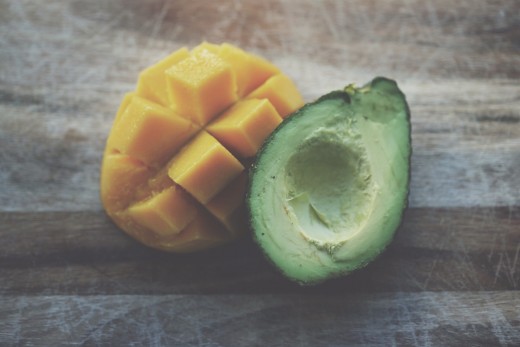
We Love Smoothies
It used to be what up until a few years ago, a smoothie was something only those described as a "health nut" would dare touch. They were expensive, didn't last very long and weren't very popular. Now it's 2016 though, and the whole country is smoothie crazy.
Why?
It's a growing trend
That figure of 1 in 5 people mentioned at the atop may seem like a lot, but in terms of market share and interest, smoothies are still a very small part of the drinks industry here in the UK. That doesn't mean they're not growing. Since 2010 (to 2015) smoothie companies seen on average a 7.8% growth every year.
Much of this is down to the big name everyone knows about: Innocent. They're the market leader and the name you'll see just about everywhere.
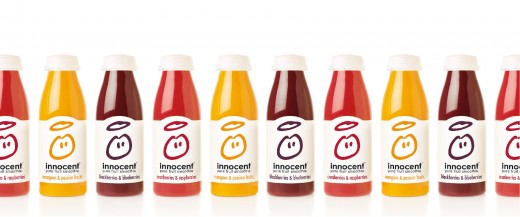
Innocent has an 80pc market share in the UK
— The TelegraphWalk in to any supermarket or shop today and there is an extremely good chance you'll see one of their bottles sitting on shelf. No one has yet to reach the same popularity that Innocent has.
Their drinks are seen as a trusted brand, which is a very hard thing to accomplish in a world where Coke can't convince customers to try their more "natural" alternatives to a big bottle of red.
A big reason for the success of the smoothie is down to ads like this:
The product manages to be fun loving, easy going and doing some good in the world.
It's level of "innocence" allows for us as a customer to place a higher level of trust in what we're seeing. Imagine if the same ad had been created by Coca Cola or Pepsi. It would be laughed out the door and ridiculed. Part of this is down to the quality of the product, while a lot of it is down to educating the customer.
Coca Cola doesn't reveal the recipe of it's drink. KFC won't give away the recipe for their blend of herbs and spices. Innocent on the other hand shows the consumer exactly what goes in to every bottle and is happy to show you exactly where it comes from.
This is unheard of for any major brand and has proven to be a windfall for the drink's company.
The young 15-19 and 25-34 age groups are the most likely to reach for a smoothie, perhaps due to their busy on the go lifestyle or even as a hangover cure.
— Market Research WorldSo why do we like smoothies?
I suppose we can't go on further without addressing this big question. A prevailing reason for the continued growth of this area of the drinks industry is the re-wiring down over the last decade or so to stop younger people from reaching for a soda can every chance they get. Schools have become quite tactful in trying to form healthy habits on children. You may remember the uproar shows like Jamie's School Dinners caused for having school stop serving chips every day, or the furore caused by school getting rid of vending machines.
These, coupled with teaching children about their food options have created a generation of smarter eaters. Let's take this for little conundrum for example involving a smoothie and a cake of Coke.
A small smoothie bottle will have 12.2 grams of sugar per 100ml.
A can of Coca Cola will have 10.6 grams of sugar per 100ml.
Which do you drink?
The overlying thought here would be to drink the can of cola if given the choice, but people now know that everything in that can is artificial, unlike the smoothies where the sugar in the bottle comes naturally from the fruit, and therefore is a better sugar for the body when given the choice.
Labelling is becoming even more important for our food and drinks.
It's been reported that instead of having daily recommendation on labels, it might be best to simply lay out how much time would need to be spent to burn calories. The idea has even been trailed in Australia.
When Smoothies Tastes Like Cocktails
We're quite adult in our actions
Watching a video like the smoothie recipe above, it's clear to see that we've matured a lot in how we approach all kinds of food.
In the 1950s-80s, the sum of the average person's fruit and veg intake came down to what was on the dinner plate. Now though we try and cram as much of the good stuff in to our daily diet as possible.
Home produced fruit rose in value to £620 million in 2014, 7.5% higher than in
2013
— DDepartment for Environment, Food & Rural AffairsWe're seasonal eaters
This demand is intrinsically linked with the growth in our love for smoothies, and it isn't just because we're lifting little bottles in the local Boots.
Juice bars are popping up across the high street and we're going crazy for them. It's something of a local business model as shop owners can source cheaper produce locally, craft their menus for the seasons and don't have to worry about lack of choice.
For example, two of the big juice brands (Innocent and Love Smoothies) only launched coconut based drinks in Summer 2015. This was something of a surprise as the craze for the exotic drink as a health product has been a "thing" of sorts in America for 5 years now. It wasn't until the founder of Love Smoothies noted that the UK consumer doesn't buy coconut products until the summer.
This seasonal attitude for a simple fruit product highlights again that shoppers are now quite smart and savvy towards what they want to eat and drink based on the weather.
We're also less wasteful
You may have seen the video above a few years ago. It was a very popular viral video highlighting the idea that consumers have inadvertently created pre-conceived notions towards the quality of fruit and vegetables that we buy.
Supermarkets like Tesco & Asda actually make their suppliers (i.e. farmers) follow guidelines in terms of what exactly a piece of fresh produce has to look like before it can be sold. This means that the level of food waste, before it can even be considered that way by a customer, has risen every year over the last five years.
Campaigns like this French one have been successful in bucking that trend, with customers happy to get "ugly" vegetables for a cheaper price than they'd normally pay. For many small local business like greengrocers, this a great thing too as they can provide customers with the exact same products but at a lower cost.
And customers would really care what contorted shapes their carrots are in as they'll be throwing it in a blender anyway.
We're also changing eating habits
Click thumbnail to view full-size

A Love Affair Renewed
It isn't just our smoothies we're throwing everything from carrots and kale to grapes and spinach in.
There's an overall shift in the landscape in what we can define as a proper meal at home. I'm sure many of you will have been slightly baffled seeing the like of Courgetti and Cauliflower Cous Cous on supermarket shelves in recent months.
In the same way we're becoming more educated in the difference between a smoothie and a can of fizzy pop, we're also gaining awareness on why we might want to have veg more with every dinner rather than pasta and bread every night.
Learning about the new ways we can eat fruit and veg is a wonderful thing. Who knows what the average fridge in a household will look like in a few years. As long as there's more natural food in there every day, that's a good start.
- Design Agency
This is the company that made the famous Innocent smoothie bottle. They also do a lot of work with other health brands that you might want to know about. - Horticulture statistics - GOV.UK
UK horticultural statistics for 2014. If you don't know how many carrots are made every year in the UK, here's your chance. - Starbucks Drink Guide: Smoothies
Learn about what yoe're drinking at Starbucks and if it's good for you! - Low Carb Sweet Potato Recipe
I keep seeing this headline: "Low Fat Sweet Potato Recipe" and it's driving me crazy. Sweet potatoes are naturally low in fat, Why would you need a special recipe to lower the fat content of sweet potatoes?


